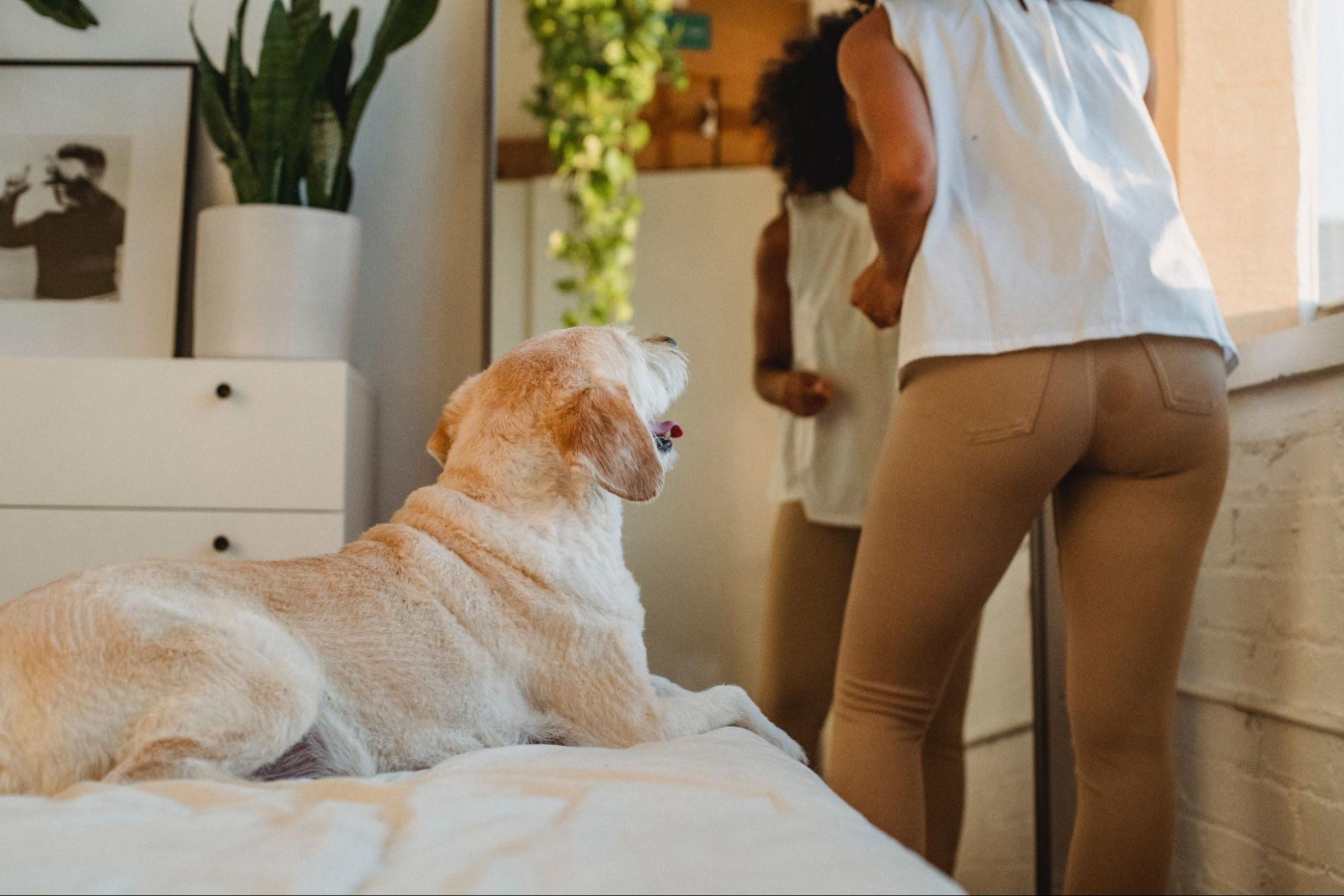How to Stop Dog From Mouthing
If you’re facing the frustrating issue of your Labrador mouthing objects, don’t worry, you’re not alone. Many Labradors have a natural inclination to use their mouths to explore and interact with their surroundings. However, it’s important to address this behavior to prevent any potential damage or harm. In this article, I’ll offer some effective tips on how to stop your dog from mouthing objects and provide specific advice for Labradors.
One method to discourage your Labrador from mouthing objects is through redirection. When you catch them in the act of mouthing something they shouldn’t be, calmly but firmly redirect their attention towards an appropriate chew toy or bone. By consistently reinforcing this behavior, your Labrador will learn what is acceptable for them to chew on.
Another technique that can help curb mouthiness in Labradors is teaching them the “leave it” command. This command teaches your dog to immediately release or move away from an item upon hearing the cue. Start by offering a treat in a closed hand and saying “leave it.” When your pup stops trying to get the treat out of your hand and instead focuses on you, reward them with praise and another treat. Gradually increase the difficulty by placing tempting objects nearby and practising the command.
Remember, consistency and patience are key when training your Labrador to stop mouthing objects. It may take time for them to fully grasp what is expected of them, so be prepared for setbacks along the way. With dedication and positive reinforcement training techniques, you’ll be able to guide your Labrador towards more appropriate chewing habits.
So if you’re wondering how to stop your dog from mouthing objects, particularly if you have a playful Labrador who loves using their mouth, implementing these strategies can make a significant difference in curbing this behavior. Stay consistent and patient as you work with your furry friend towards breaking this habit!

Understanding why dogs mouth objects
Mouthing objects is a common behavior among dogs, including Labradors. Understanding why dogs engage in this behavior can help us address it effectively and find ways to prevent it.
- Exploration and play: Dogs often use their mouths to explore the world around them. Just like humans use their hands to touch and manipulate objects, dogs rely on their mouths for similar purposes. Mouthing objects may simply be a way for your Labrador to investigate and interact with their environment.
- Teething: Puppies, including Labradors, go through a teething phase where they experience discomfort due to new teeth coming in. This can lead them to seek relief by mouthing or chewing on various objects. Providing appropriate chew toys can help alleviate their discomfort and redirect their focus away from destructive chewing.
- Boredom or lack of mental stimulation: Dogs are intelligent creatures that require mental stimulation and regular exercise to stay happy and engaged. If a Labrador is bored or has excess energy, they may resort to mouthing objects as a form of entertainment or self-soothing behavior. Ensuring your dog receives enough physical exercise and mental enrichment can reduce the likelihood of them mouthing objects out of boredom.
- Anxiety or stress: Like humans, dogs can experience anxiety or stress in certain situations. For some Labradors, mouthing objects might serve as a coping mechanism when they feel anxious or overwhelmed. Identifying triggers that cause stress for your dog and providing them with appropriate outlets for relaxation can help reduce this behavior.
- Attention-seeking: Dogs are social animals that crave attention from their owners. If a Labrador learns that mouthing an object results in attention from you (even if it’s negative attention), they may continue the behavior as a way to get your focus redirected towards them.
By understanding the reasons behind why Labradors mouth objects, we can tailor our approach to addressing this behavior. It’s important to remember that consistency, positive reinforcement, and providing appropriate alternatives are key components of any training program aimed at curbing mouthing habits in dogs.